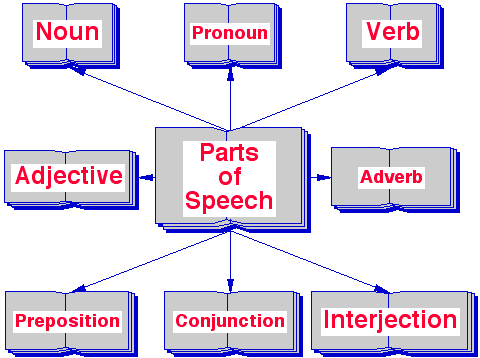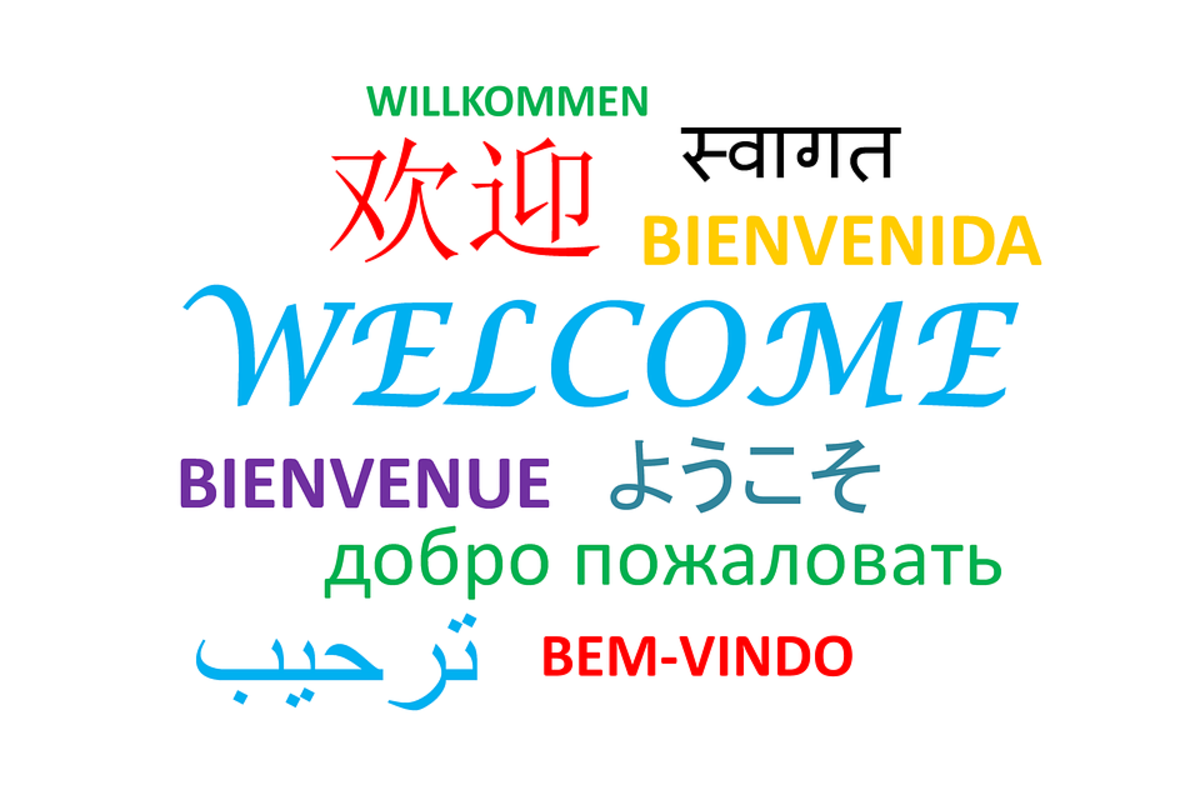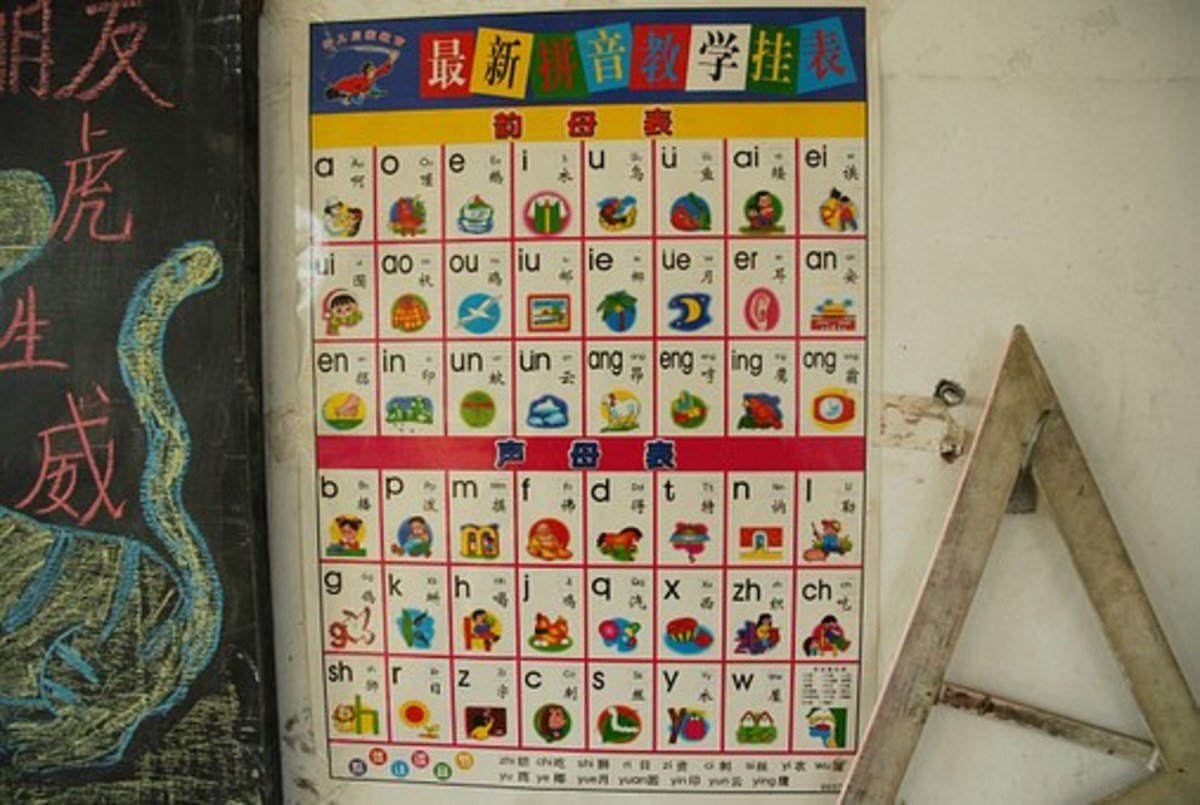Learning a language in two weeks part 2

In my last hub Learning a language in two weeks, I gave a brief overview on the general concepts and items that would have to be present in order for a such a milestone to be achieved. The last hub covered these basic crucial necessities’ however even with these things learning a new language (especially in such a short time) can still be very difficult. The subdivided steps and approach that you take to learn that language is the next best thing you can use to add to you artillery before diving into battle. You can’t expect to just have basic items like books and tapes to start learning without going in without any calculated strategy. Every decent battle needs effective coordination and planning.
Remember to find the right book

However before I go into these concepts there is something that I didn’t mention in my last hub. This was simply that the steps and tools that you equip yourself with will vary along with the kind of language that you are learning. In other words, some languages are harder to learn than others. What I found during my years of language surfing is that some European languages are way easier to learn that Asian tongues. This is because of the history of origins for the English language i.e. our familiar tongue is merely an offspring of old European languages. If you may have noticed the way how we pronounced some words in English is the exact or almost the exact same way they are pronounce in other European languages. For example the word god in English is gott in German, or the word paise in Spanish is payes in French; all very closely relating European languages. If someone pays attention to these simple similarities then learning could be a little bit easier for you. Especially if you decide to move on to a next language after your first one (it just gets easier each time). I personally have always felt as if Italian is a fusion between French and Spanish the two are so close! There verbs and nouns are quite analogous if you learn one you can learn all.
Apart from all of that though it is time to learn how to dissect the concepts of actually carrying out such an unprecedented task; drum rum roll please.
Now I’m going to share some procedures with you that always seem to work pretty well for me. These steps however seems to work best for me when followed in the given order. The steps will be categorized between familiar more unfamiliar languages (meaning that they appear more alien in writing and enunciation).
Basic greetings- these are crucial for anyone person to learn and are generally the easiest to learn. They really are generally composed of simple pronouns and easy to remember words. Check out these similarities-thank you -danke (German), gracias (Spanish)-grazie (Italian). Do you see what I mean?
Nouns and pronouns - as odd as it may seem learning nouns so early can help you to familiarize yourself fastest with the language. However I advise that you only stick to nouns that you generally would use to construct your basic sentences (this way they are easier to remember). It helps when you divide the nouns into identifiable categories; such as fruits, things in the home, family and etc…
Verbs- in the same day or second you can then learn verbs to go along with your nouns to help you to construct your sentences. You don’t want to leave this task for the second week! However leave the irregular verbs for last. They are always the most difficult and could give you a hard time and may also discourage you early on in your quest. Instead wait until you know enough and are now confident to take on the challenge. Thankfully though, most European verbs have a repetitive concept with which they use to form their verbs. Hence you should try to quickly formulate the concept and re-memorize a couple of those verbs that you’re sure will be helpful in your sentence constructions; for example- Can, want, to be, to have, to talk and etc… however verbs like ‘appropriate’ we don’t generally use in or speech as much. I mean come on, how much times do you use the word ‘appropriate’ as opposed to ‘talk’. This is where you’ll have to weigh the importance of each verb you choose to learn. What I always try to do, is to create a list of important verbs that I should know and then try to learn them in a deadline.
Construction of sentences- You would then want to move onto the rules of sentence construction; after all sentences are made up of mostly verbs and nouns. It is during this time however that you’d want to categorize a set of significant adjectives to go along with your sentences. I encourage that you immediately always try to form sentences with new words you’ve learnt. This should help you to remember them much easier. In fact what I generally do is to create a small booklet where I write these sentences and constantly review them throughout the two weeks.
Be very repetitive- now everything has to be repetitive. Cycle through what you’ve learnt every day and the previous day and the previous week. This should stamp the words and sentence constructions significantly into your mind.
Think in the language- now it truly helps when you have a friend and both of you can gibber away in that new tongue. However to be able to think in the language can be of high importance. This should rapidly help your mind to accept these alien words and as such enhance you memory capability.
In the diagram below three of the parts of speech are most important and takes the longest to learn; (Noun, Verbs, Adjectives)

Could you accomplish this feet in two weeks?
What the?????

More unfamiliar language: Now for learning less familiar tongues all the steps listed above are still true, but it’s just that they have different beginnings. These are as follows:
- Culture- it’s good to familiarize yourself with the a little bit of their culture first. It helps your mind to accept some of what it sees when you’re studying. This however I would encourage that you place outside of your two weeks, probably the day before you decide to start studying.
- The alphabet- this is one of the best ways to start; dissecting the alphabet this should readily help you to understand the basic construction of words you wouldn’t understand. Ensure that you do this one your first day and spend enough time on it. If your foundations are weak then everything is bound to crumble. This happened with me when I was trying to learn Russian.
- Learning pronunciations- This is very similar to learning the alphabet but a tad bit different. What you find is that you may have a huge problem when it comes to basic pronunciations, but again like I had mentioned in my last hub this is what audio tapes are for and it helps if they come with a book.
Now, after all of this how you feel should depend on what you consider as learning a language. I think of learning a language as being able to survive in a foreign country for whatever period of time I choose. If this is the same for you then you shouldn’t have any problems. I pray that after all of this grueling process some of you will be able to say that I’ve learnt a language in two weeks. Now I bet that many of you are saying that it looks extremely difficult to do any of this. But I’d want you to remember that I didn’t say it was easy, but what I said was that it could be done in two weeks. So see for yourself.









